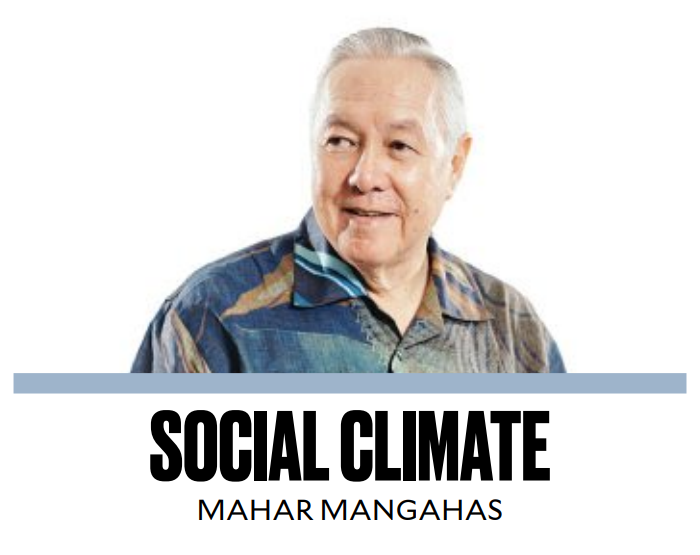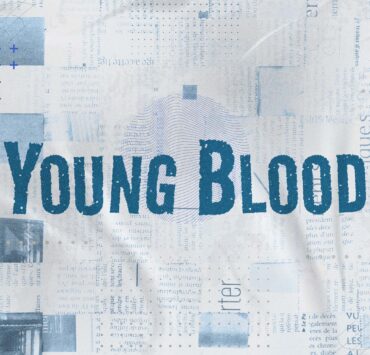Trumpism: Heresy or Gospel?

Heresy is any belief or theory strongly at variance with established beliefs or customs (per Wikipedia). Trumpism reminds me of the heresy of Arianism (the teaching of the Christian presbyter Arius, ca. 256-336 CE) that God the Son is subordinate to God the Father, by the logic that a father always exists before a son, which conflicted with the orthodox Christian belief of the Son as always coexistent and coequal with the Father.
Arianism caused much human suffering for half a century, when some emperors at Constantinople became Arians. These emperors decided that Christians should likewise turn Arian or else be severely punished, if not executed. But, thankfully, Arianism did not last forever, and orthodoxy returned.
What is the heresy? A Trumpian—the counterpart of Arian—is a person who believes, for instance: a. that the rights of a new citizen are inferior to those of one whose ancestors were already citizens before she/he was born; b. that the buyers of goods and services are victimized—aka “ripped off”—by the sellers of the said goods and services; c. that (domestic) importers of goods and services are similarly ripped off by (foreign) exporters of said goods and services; and d. that a deficit in a country’s export receipts relative to its import payments to another country is effectively a debt that the second country is obliged to repay in due time.
Note the adjective “reciprocal” before tariff, implying that Trump didn’t start the trading fuss but only wants to correct the unfair imbalances that were created by the United States’ trading partners, especially China.
Note the term “pause,” instead of “retreat,” that pretends that every Trumpian move is part of a well-thought-out plan.
What is the orthodoxy? I confess to being an orthodox economist for 60+ years, since graduating as an economics major in college. I learned from my professors, and then I taught my students, that freely conducted economic exchange is a win-win for both buyer and seller. Otherwise, they would not be dealing with each other but looking for alternative trading partners.
The greater the competition among sellers, and among buyers, the greater the win for those on either side of the transaction. Just beware of monopolies and monopsonies, especially those artificially created by political powers.
When the government imposes a fee on a transaction, it is ultimately the consumer who pays. Whatever the fee is called—whether a tax, a tariff, a levy, a duty, or an excise—it makes the price paid by buyers higher than otherwise. Therefore, buyers will tend to buy not as much, and sellers will have to sell not as much. Thus, the volume of private economic activity will be less than otherwise; but making up for it will be government activities funded by the revenues from the fees collected (to enable the government to defend the country, keep the peace, undertake social services and investments etc.).
What does Make America Great Again (MAGA) mean? In the first place, I don’t remember when “America” ceased being “great”—I suppose the abbreviation isn’t “MUSGA” to leave the door open for the assimilation of Canada, Greenland, Panama, and whatever. Of course, the US can’t possibly be the best or the largest in everything. But it certainly has had so much of the best of life that many millions of people from elsewhere have immigrated to it.
I suppose “MAGA” is just a shorthand for the entirety of the personal ambitions of the great dealmaker. Figuring out what a single person wants is a task for a psychologist or a mystic, not for an economist, and even less for a statistician.
Maybe being great again means being able to unilaterally trash existing trade agreements with certain other countries, until said countries ask to negotiate, aka to beg for mercy, in Trumpese.
Maybe Donald Trump, the buddy of dictators in Russia, China, North Korea and Hungary, wants to be president for life. This could explain why he’s in a hurry to make so many changes so fast. How long does it take to amend the Constitution of the United States?
Where do the American people’s attitudes come in? Democracy in the United States has a very long tradition; it will survive. The pushback has already started. Trump’s poll numbers are sinking fast, with gross approvals at around 40 percent, and net approvals entering double digit negative.
No one lives forever. Hopefully, the current heresy will end by late 2028. Watch for the processions where little children can sing that the emperor’s new clothes still haven’t appeared.
Dr Mahar Mangahas is a multi-awarded scholar for his pioneering work in public opinion research in the Philippines and in South East Asia. He founded the now familiar entity, “Social Weather Stations” (SWS) which has been doing public opinion research since 1985 and which has become increasingly influential, nay indispensable, in the conduct of Philippine political life and policy. SWS has been serving the country and policymakers as an independent and timely source of pertinent and credible data on Philippine economic, social and political landscape.




















